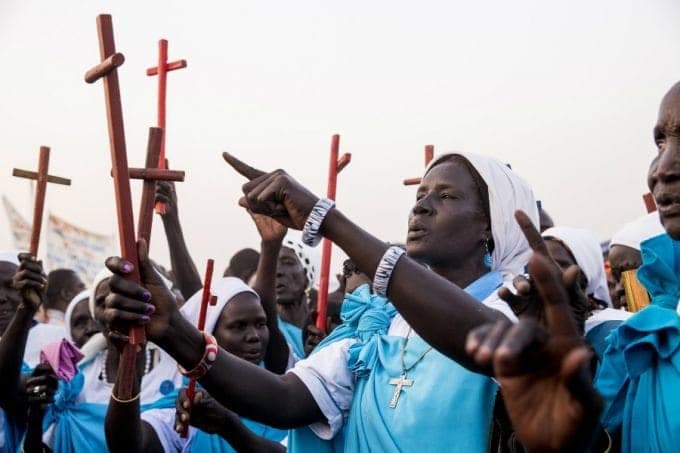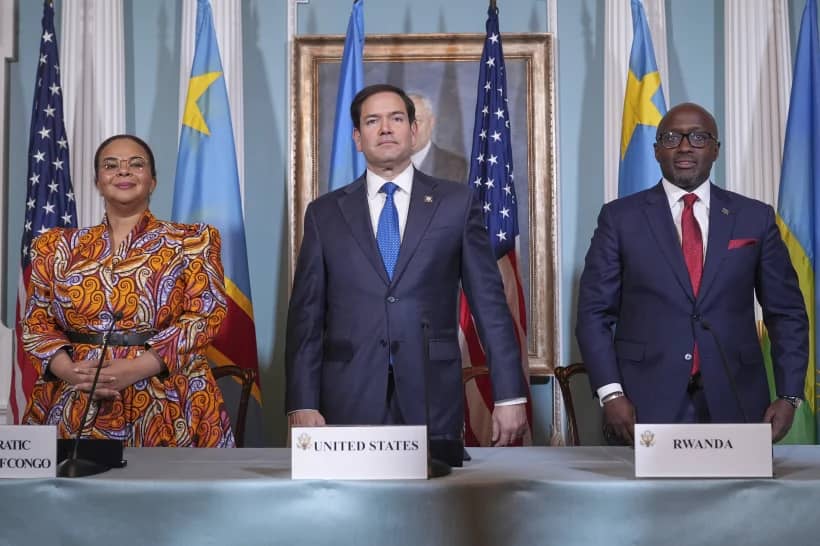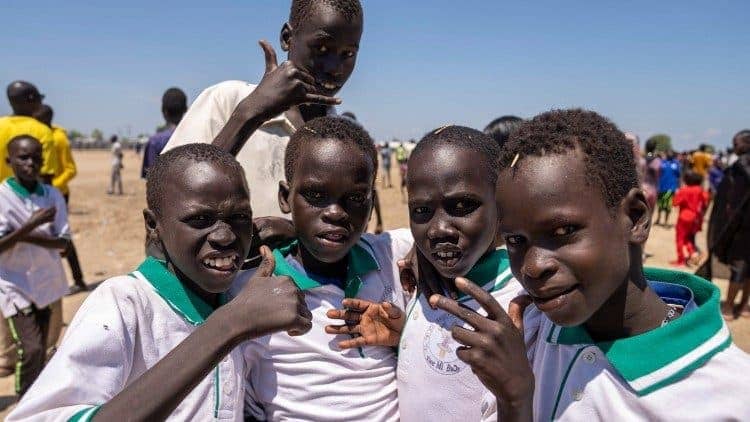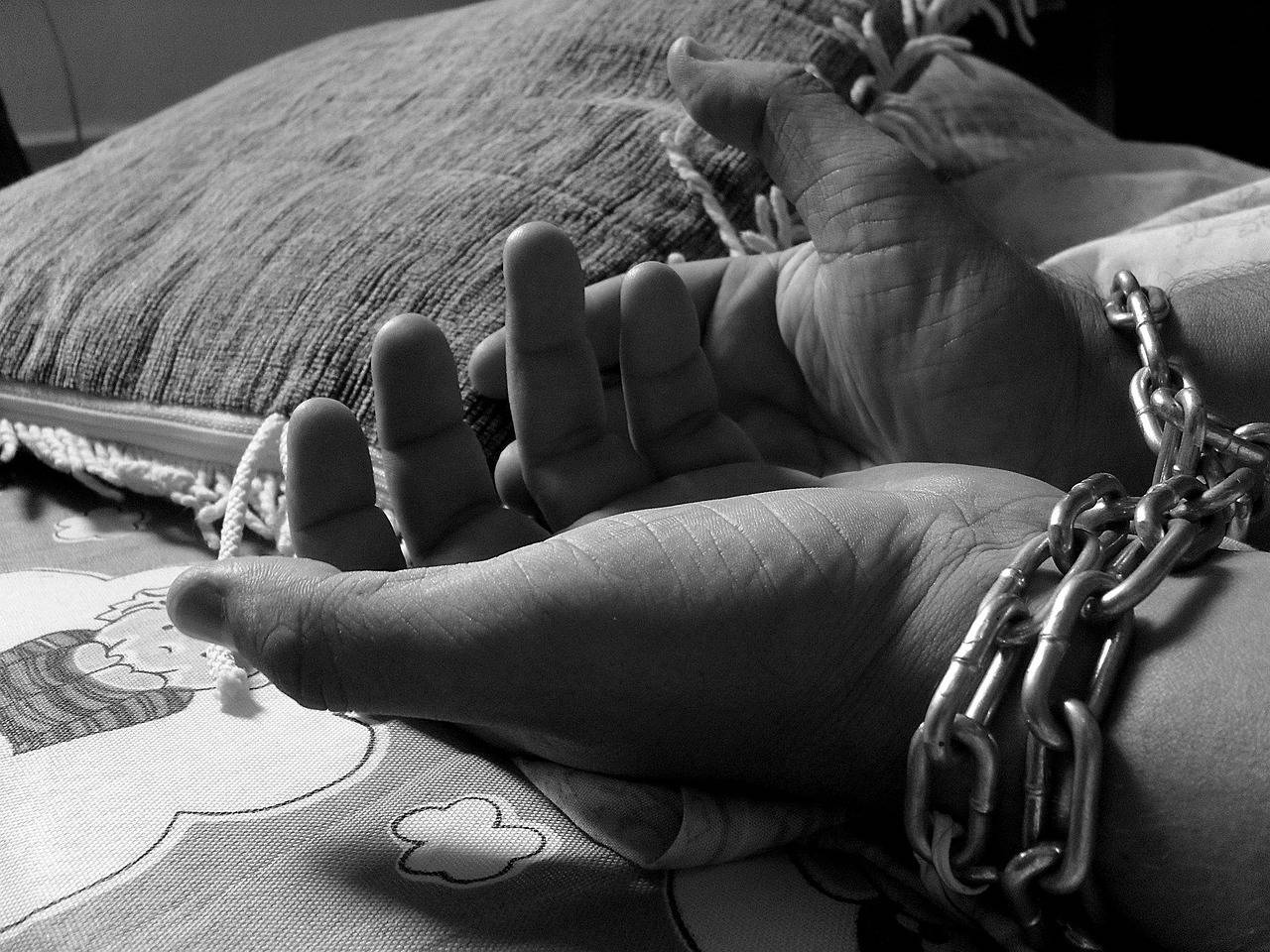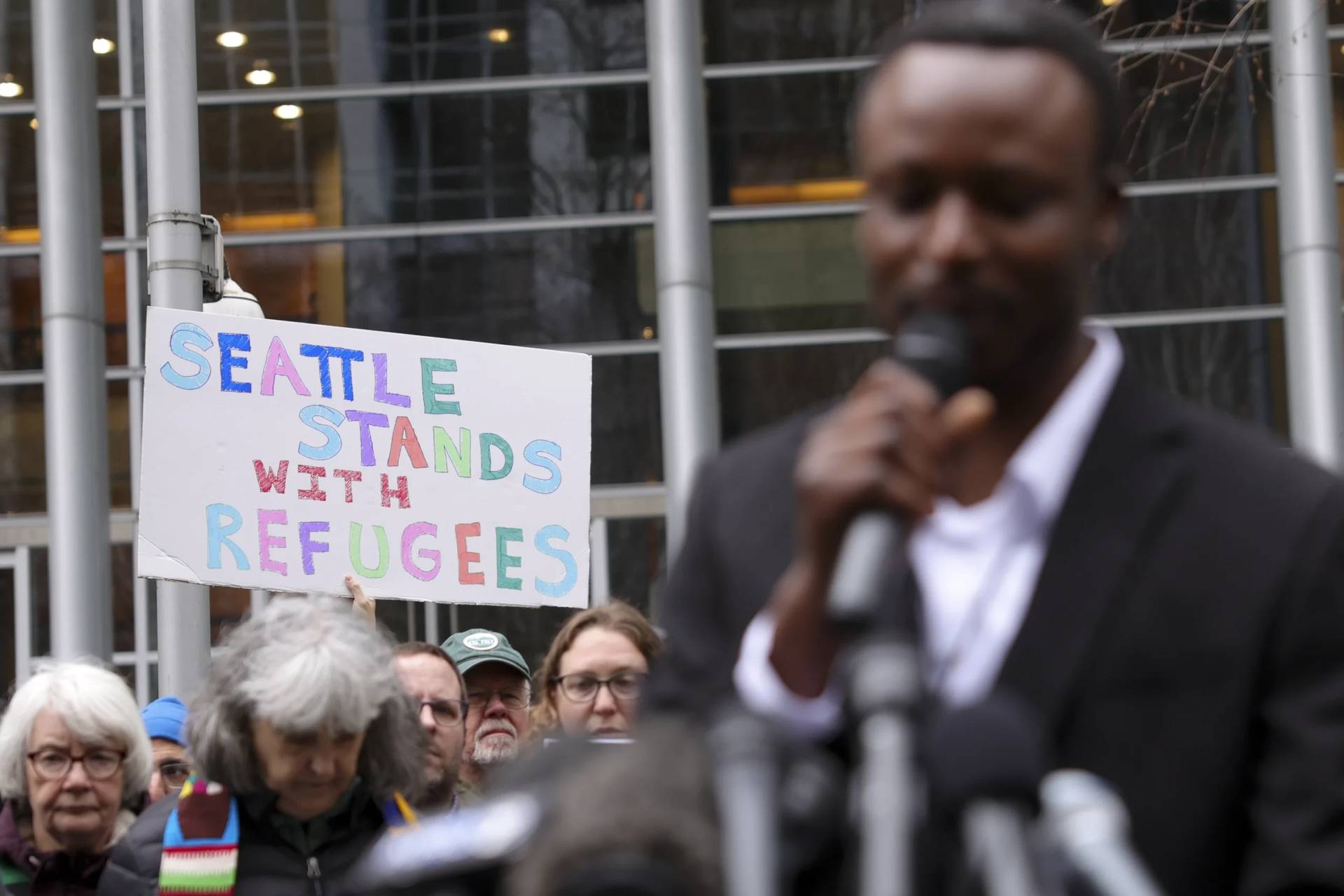ROME – Christian Carlassare, set to become one of the Catholic Church’s youngest bishops in one of the world’s most difficult and dangerous areas, said he looks to the saint as a model for his missionary ministry in South Sudan.
Born in Schio in the Italian province of Vicenza in 1977, Carlassare Monday was appointed as the new bishop for the Diocese of Rumbek, South Sudan – a post which has been vacant for the past 10 years, after its former leader, the late Bishop Cesare Mazzolari, died in 2011.
Both Carlassare, 43, and Mazzolari belong to the Comboni Missionary order.
Carlassare made his profession with the order in 2003, after completing a bachelor’s degree in theology from the Pontifical Gregorian University and one in missiology from the Pontifical Urban University in Rome.
A year after his ordination as a priest in 2004, he moved to South Sudan, where he has served as a pastor in various places and held a number of leadership roles within the Comboni Missionary order.
After Mazzolari’s death, the Rumbek diocese, located in central South Sudan, had an apostolic administrator for two years, and was then appointed a diocesan coordinator.
Carlassare’s appointment as bishop, then, was met with celebration in the diocese and is seen as an act that cements the Comboni influence in South Sudan.
Speaking to Italian newspaper Corriere della Sera, Carlassare said he felt the draw to become a missionary ever since he began thinking about the priesthood.
However, “I owe my passion for this area of Africa to Saint Josephine Bakhita,” he said, referring to the former Sudanese slave turned nun who is hailed as the patron of survivors of human trafficking.
His hometown of Schio is the same small Italian town where the Sudanese saint eventually lived.
Born around 1869 in the village of Olgossa in the Darfur region of Sudan, Bakhita was abducted around the age of eight by Arab slave traders, and for the next 12 years of her life was bought and sold over a dozen times, often being beaten and tortured.
Eventually Bakhita was sold to Italian Vice Consul Callisto Legani in 1883, who brought her with him when he returned to Italy. Bakhita was then gifted to another family, for whom she serves as a nanny.
Bakhita’s new family also had ties to southern Sudan, and would travel there often. During one of her mistress’s voyages, Bakhita was sent to stay with the Canossian Sisters of Venice, where she learned about Christianity and felt a call to join the order.
When her mistress returned, Bakhita refused to leave. Eventually, the sister in charge of baptismal candidates issued a complaint on behalf of Bakhita with the local tribunal, and the court found that slavery in Sudan was outlawed before Bakhita was born, ruling that she could not be enslaved and was declared a free woman.
Bakhita chose to enter the Canossian order and worked as a cook and doorkeeper at the convent. She also visited other convents and told them her story to help prepare them for their work in Africa. During the Second World War, the people of Schio hailed her as their protector, since bombs fell in their village, yet no one died. She was canonized by St. John Paul II in October 2000.
In his remarks to Corriere della Sera, Carlassare said Bakhita “was adopted by the people of Schio and I felt adopted by (South Sudan), to which I try to try to give the same contribution that Saint Bakhita gave to those of us from Vicenza.”
South Sudan is widely considered one of the most difficult and dangerous mission territories in the world given the country’s longstanding and bloody conflict.
Violence erupted in South Sudan shortly after its independence in 2011, which is the last time Rumbek had a bishop. Just two years later, President Salva Kiir ousted Vice President Riek Machar, accusing him of attempting to lead a coup to overthrow the government.
What began as a political dispute quickly turned into an ethnic conflict, with South Sudan’s two largest ethnic groups, the Dinka and the Nuer – to which the leaders belong – targeting one another as violence broke out.
An estimated 400,000 people have died in the violence thus far, and millions more have been displaced amid a worsening humanitarian crisis.
Kiir and Machar in 2015 reached a ceasefire agreement which eventually collapsed. They agreed to a new ceasefire in September 2018 but have twice extended the deadline for implementation over disagreements on technicalities, such as the number of states the country will have and how to handle security.
Pope Francis has shown keen interest in South Sudan’s peace process, saying last year said he would visit the troubled country alongside the Archbishop of Canterbury, Justin Welby, if the country’s leaders were able to bring the national conflict to an end.
In April 2019, the pontiff invited both the South Sudanese president and the opposition leader to a retreat at the Vatican, where he made headlines by kissing their feet while pleading for peace. Welby and Martin Fair, representative from the Church of Scotland, which has a partnership with the Presbyterian Church of South Sudan and has played an active role in the peace process since 2015, also participated.
A joint trip of Francis, Welby and Fair seemed likely for 2020, but the coronavirus pandemic thwarted those plans.
Pope Francis has also placed a strong emphasis on the Catholic Church’s missionary activity, declaring an extraordinary missionary month in October 2019, and has often urged faithful to become “missionary disciples” who focus on evangelization, rather than getting caught up with internal affairs.
In his remarks, Carlassare said his appointment as bishop was “a bit of a surprise,” even if the diocese had been vacant for a decade. “I have never worked in that territory,” he said, “but you know, the ways of the Lord are infinite.
Speaking on what it means for him to be one of the Catholic Church’s youngest bishops, Carlassare said that in all honest, “I don’t know, but I am happy, it is a great opportunity which was offered to me by the Lord.”
To be young in South Sudan “is an important aspect given that more than half of the citizens of the country are under 18 years old,” he said. “In this sense a young person can give a great contribution. Also, we live in a very difficult environment with large spaces, great heat, a lot of mosquitoes, and maybe a young person is able to adapt with more ease.”
In addition to its ongoing humanitarian crisis, South Sudan for the past year has also faced the challenge of fighting the coronavirus pandemic, including areas where there is a lot of poverty with little access to adequate healthcare.
In terms of doctors and clinics in his area, there are “far below the real needs,” Carlassare said, noting that the Church runs dispensaries in each of its missions.
“We try to do what we can, but the commitment is very broad: there are people who die of malaria, tuberculosis, intestinal parasites, and people are so used to these serious illnesses that they feel COVID is one of them,” he said.
Carlassare voiced gratitude that the number of cases in South Sudan is currently lower than what is seen in Europe, however, in order for people to get a test they have to reach the nation’s capital of Juba, or one of the handful of other testing centers scattered throughout the country, meaning the real number of cases could be difficult to track.
In terms of what the Church can offer to a country with the complexities that South Sudan faces, Carlassare said evangelization is at the top of the list, but it is also there to promote peace.
“The conflict and climate of confrontation between the north and south has characterized the whole country since the 90s, creating difficult situations of poverty,” he said, noting that the Diocese of Rumbek, which has a lot of poverty, “has taken on the suffering of the people.”
With fresh tribal conflicts flaring up, Carlassare insisted that the Church’s job “is to support a path of reconciliation and peace, bringing people to be together, giving a sense of dignity and also new job opportunities.”
“It is very important but I’m not alone,” he said, adding, “Around me there are priests, religious, but also lay people, local people who need someone to make them stay together. Here we experience the humanitarian aspect of the Church, also because there is no evangelization without a development that is human and of the people, on the health and educational front.”
Carlassare admitted that sometimes he is afraid, but said it is not the type of fear that paralyzes. Rather, it’s the fear “that leads one to ponder the right path to take,” he said, adding, “To become a bishop is a great responsibility but also a great challenge.”
Follow Elise Ann Allen on Twitter: @eliseannallen
